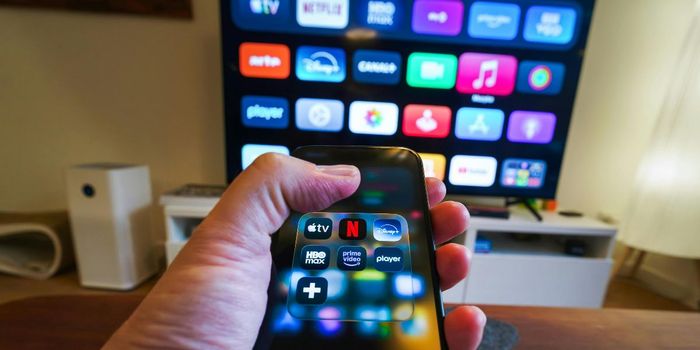Is Cell Phone Use a Cause of Memory Loss?
Since they first became widely available, studies on the safety of mobile phones have sought to determine if there are any health risks to using the devices. Radiofrequency electromagnetic fields (RF-EMF) are emitted by cell phones because to transmit voice and text; the phones have to ping off of cell towers and other devices.
RF-EMFs are produced by power lines, televisions, radios and many other electronics, but the research has been mostly inconclusive. For every study that showed no risk or adverse effects from using cell phones, there was another study that said the opposite.
New research from the Swiss Tropical and Public Health Institute (Swiss TPH) has found that for teenagers, using cell phones may negatively impact memory development and performance of specific areas of the brain. The concern is not so much about the RF-EMFs surrounding the devices, but the fact that they are used almost continuously by teens, and are often placed near the head. The research involved almost 700 adolescents in Switzerland and is published in the journal Environmental Health Perspectives.
The research was a follow up to an earlier study published in 2015, with a larger cohort. Together the two studies are the first to look at the epidemiology of RF-EMF exposure from wireless devices. The recent work validated the results of the earlier study. Figural memory is processed in the right hemisphere of the brain. In the study, teens who used their mobile phones on the right side of their heads had lower memory performance. Martin Röösli, Head of Environmental Exposures and Health at Swiss TPH explained, "This may suggest that indeed RF-EMF absorbed by the brain is responsible for the observed associations.”
Mobile phones are so new that the field of scientific research into their safety and health impact is also in its infancy. Researchers sometimes struggle to develop data and get conclusive results since the technology often varies from device to device. Also, study participants that use the mobile phones could have exposures to other sources of RF-EMF, and it can be difficult to tease out which exposures are problematic and which are harmless. Röösli continued, “A unique feature of this study is the use of objectively collected mobile phone user data from mobile phone operators. For instance, the study results could have been affected by puberty, which affects both mobile phone use and the participant’s cognitive and behavioral state. It is not yet clear how RF-EMF could potentially affect brain processes or how relevant our findings are in the long-term. Potential risks to the brain can be minimized by using headphones or the loudspeaker while calling, in particular when network quality is low, and the mobile phone is functioning at maximum power."
Check out the video below to learn more about cell phone safety.
Sources: Swiss TPH, PsychCentral, Environmental Health Perspectives









